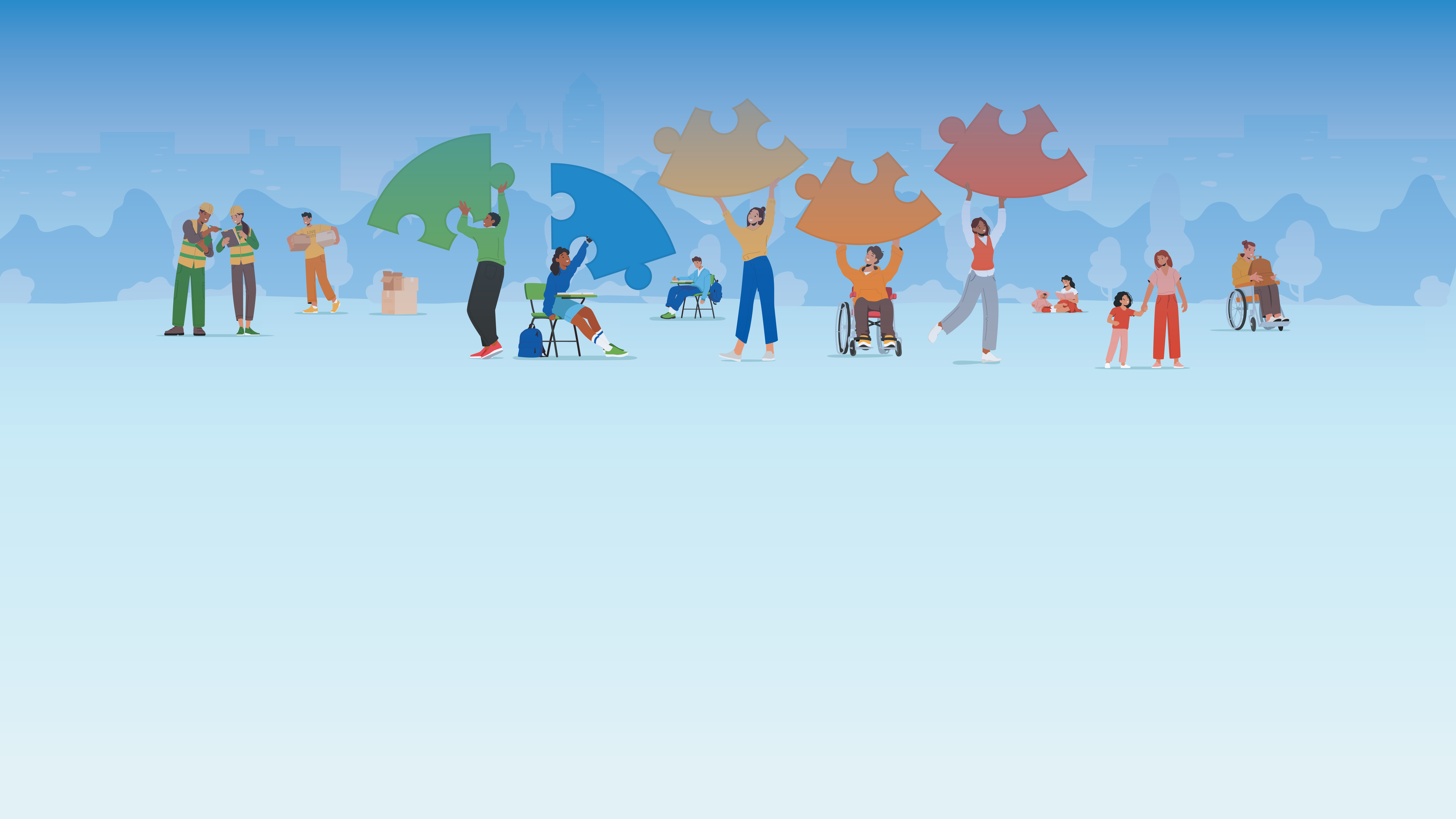Today, United Way of Central Iowa and the Community Foundation of Greater Des Moines convened donors, volunteers, advocates, nonprofit organizations, community leaders, elected officials and people with lived experience to learn more about food insecurity issues that are directly impacting our community and the collaborative approach our community is taking to address them.
“For over 100 years, United Way of Central Iowa has had the privilege and responsibility of responding to critical community issues. Meeting essential needs such as food insecurity is an important piece of fostering a thriving community,” said Mary Sellers, president of United Way of Central Iowa. “This is bigger than any one organization or any one person – it’s crucial for all of us to work together, in a United Way, to remove barriers for our neighbors and within the food security system so that all central Iowans can thrive, now and in the future.”
During the event, United Way of Central Iowa and the Community Foundation of Greater Des Moines unveiled a community-wide food insecurity reduction plan, spearheaded by the Central Iowa Food Security Planning Committee and facilitated by consultants Jordan Vernoy of See What I Mean (SWIM) and Scott Raecker of the Robert D. and Billie Ray Center. The Central Iowa Food Security Plan provides valuable insights into critical community issues that are limiting access to equitable opportunities for EVERY central Iowan.
Goals of the Central Iowa Food Security Plan
After broad community input, the planning committee identified themes and crafted goals that were then confirmed by the community:
- Goal 1: Offer a welcoming and dignified experience for neighbors in need of food and services through an accessible and connected network of providers.
- Goal 2: Develop, advocate and implement policy solutions that are informed by data and voices of people with lived experience to improve the quality of life for neighbors facing food insecurity.
- Goal 3: Tell the story of food insecurity in central Iowa through an intentional, collaborative and equitable data collection process to better inform services design and decision-making.
- Goal 4: Grow stronger together by honoring our neighbors’ lived experience and building a collaborative and connected community.
“In working with our community on challenges over the years there is one thing I know to be true – our community comes together to solve tough issues,” said Scott Raecker, executive director of the Robert D. and Billie Ray Center at Drake University. “This community planning has been no different – the planning committee was highly engaged, and the process was sound and thoughtful. Now is the time to put the plan into action with a commitment to sustained engagement and shared accountability by all system stakeholders.”
Panel Discussion Highlights
Attendees also had the opportunity to hear from Michelle Book, Food Bank of Iowa, Dr. Nalo Johnson, Mid-Iowa Health Foundation, Patty Sneddon-Kisting, Urbandale Food Pantry, and Matt Unger, Des Moines Area Religious Council (DMARC), during a panel discussion facilitated by Angela Dethlefs-Trettin, chief community impact officer of the Community Foundation of Greater Des Moines.
“As a community we have certainly faced challenges in recent years related to our food system network and increased need,” said Kristi Knous, president of the Community Foundation of Greater Des Moines. “We are so grateful that this robust group of panelists volunteered their time to share their expertise and insight with all of us, but most importantly to spotlight that this collaborative plan is an incredible step forward for the benefit of our community.”
If you want to join the OpportUNITY Food Insecurity workgroup, a broader United Way Collective Impact Initiative to end poverty, visit United Way of Central Iowa’s OpportUNITY Food Insecurity page to sign up and to also read the entire Central Iowa Food Security Plan.





%20-%20No%20Tagline.png?width=180&name=211%20Logo%20-%20color%20(white%20bubble)%20-%20No%20Tagline.png)

